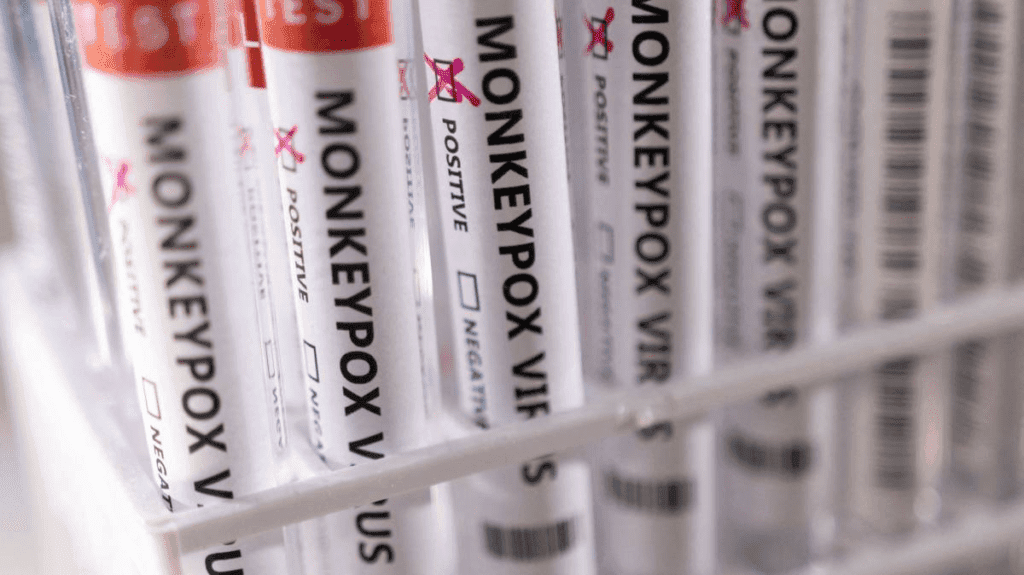The possibility of monkeypox spreading to non-endemic countries is considerable, according to the WHO, which has confirmed over a thousand cases in such countries.
World Health Organization Director-General Tedros Adhanom Ghebreyesus stated that the UN health agency does not suggest mass immunization against the virus and that no deaths have been documented as a result of the outbreaks.
“The potential of monkeypox spreading to non-endemic nations is real,” Tedros said at a press briefing.
The zoonotic disease is endemic in nine African countries, but outbreaks have been detected in numerous additional countries in the last month, especially in Europe, most notably in the United Kingdom, Spain, and Portugal.
“More than 1,000 confirmed cases of monkeypox have already been reported to WHO from 29 non-endemic countries,” Tedros stated.
“There have been no recorded deaths in these countries thus far.” Cases have been documented primarily, but not exclusively, among men who have sex with other men.
“Some countries are now reporting cases of apparent community transmission, including some female cases.”
Greece became the latest country to confirm its first case of the sickness on Wednesday, with health officials saying it involved a man who had just been to Portugal and was in hospital in a stable condition.
Monkeypox begins with a high fever, swollen lymph nodes, and a blistery chickenpox-like rash.
Tedros expressed special concern about the virus’s impact on vulnerable groups, such as pregnant women and children.
He stated that the abrupt and unexpected arrival of monkeypox outside of endemic nations meant that undetected transmission had occurred for some time, but it was unknown how long.
An epidemic of monkeypox is defined as one case in a non-endemic country.
While this was “obviously worrying,” Tedros noted that the virus had been circulating and dying in Africa for decades, with over 1,400 suspected cases and 66 deaths so far this year.
“The populations that live with the threat of this virus every day deserve the same concern, care, and access to protective instruments,” he said.
- Vaccinations –
Vaccines are being used to protect those who may be exposed, including as healthcare professionals, in the limited regions where they are available.
He also mentioned that for higher-risk close contacts, including as sexual partners or household members, post-exposure immunization, ideally within four days, could be considered.
Tedros stated that the WHO would release guidelines on clinical care, infection prevention and control, vaccination, and community protection in the coming days.

People experiencing symptoms should separate themselves at home and consult a health professional, while people in the same household should avoid close contact.
Apart from individuals being isolated, the WHO recorded few hospitalizations over the weekend.
The WHO’s epidemic and pandemic preparedness and prevention head, Sylvie Briand, stated that the smallpox vaccine was highly effective against monkeypox, another orthopoxvirus.
The WHO is seeking to figure out how many dosages are now accessible and what manufacturers’ manufacturing and distribution capacities are.









































